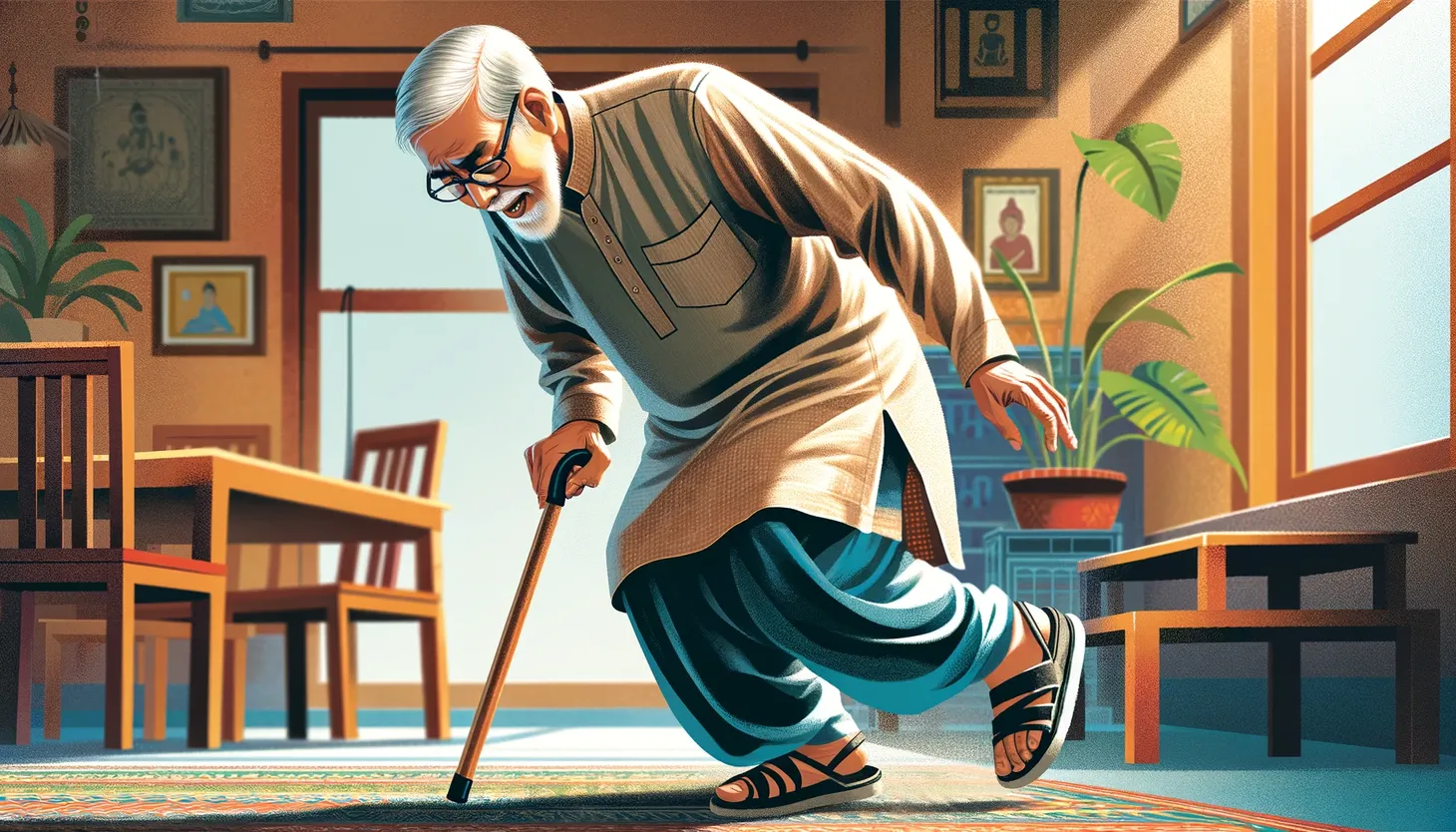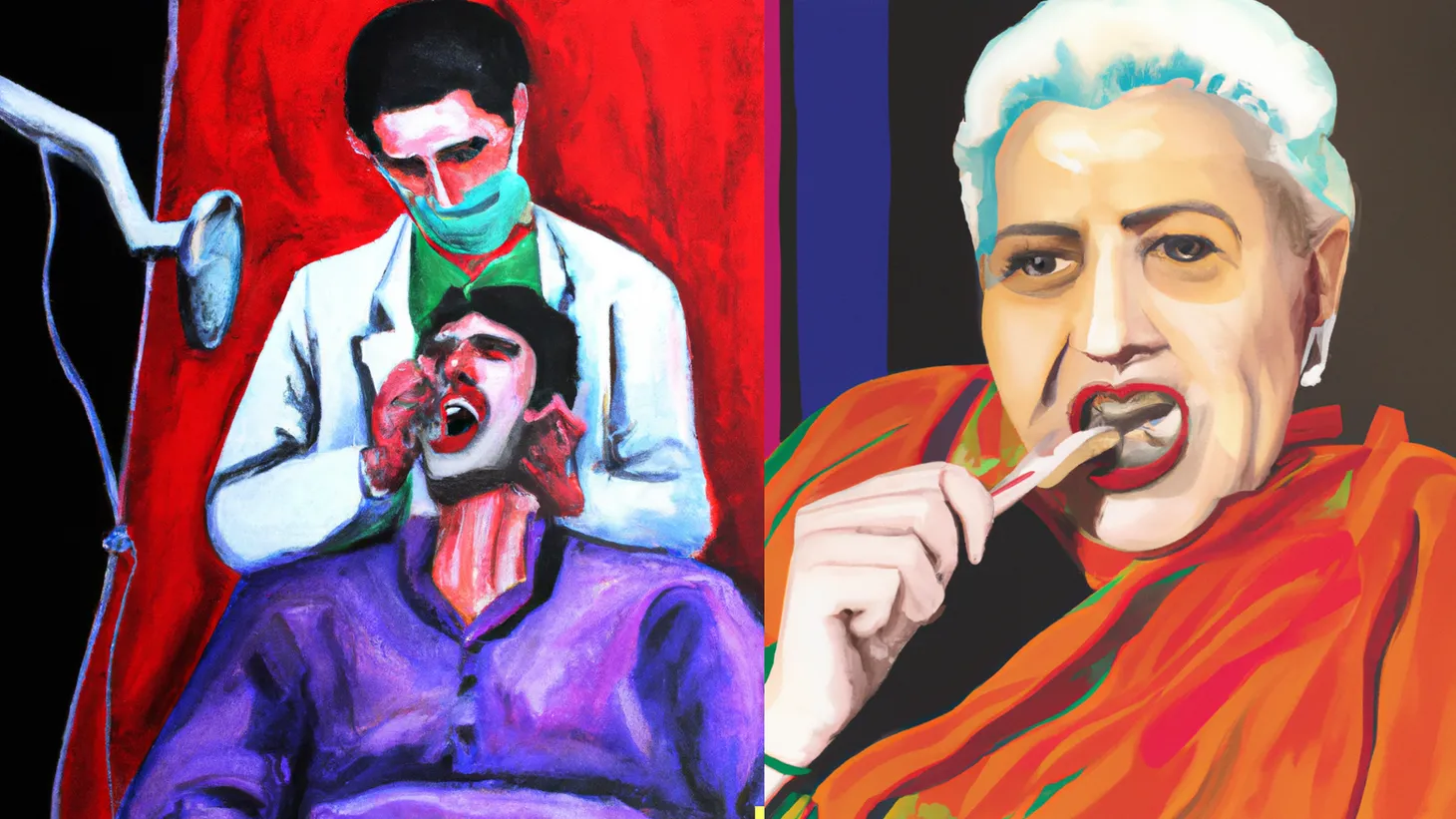The Importance of Being Able to See Well
The Importance of Being Able to See Well
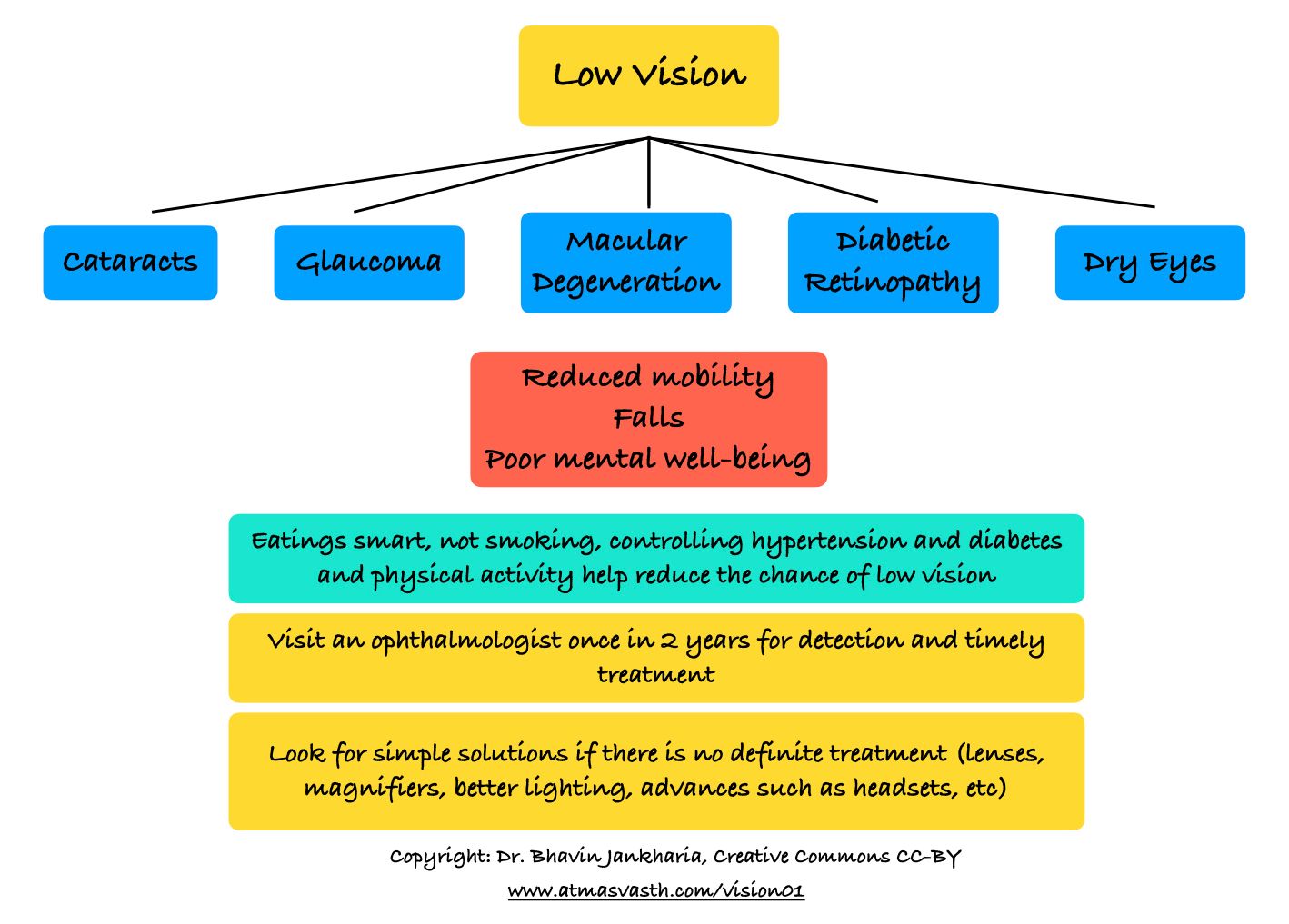
With help from Dr. Haresh Asnani
Last week, a senior doctor told me that he has stopped attending conferences because his macular degeneration prevents him from recognizing people unless they are less than a foot away. He feels that if he goes to parties or meetings and “sees through people”, they will get offended. I would have thought that the older you get, the less you need to bother about what people think and say…but this state of “low vision” is affecting him physically and psychologically.
There are at least 200 odd million people worldwide over the age of 50, who suffer from some form of low vision. This is likely a gross underestimate because in many countries including India, low vision probably just does not get reported.
Low vision is defined as vision loss that cannot be corrected by glasses or by medical or surgical means. But if the people affected are not even aware they have correctable low vision (e.g. myopia or cataracts), either because of lack of knowledge or access, then any vision impairment can be called low vision.
As we age, these are the conditions that can affect our ability to see. These include
- Cataracts
- Glaucoma
- Macular degeneration
- Diabetic retinopathy
- Dry eyes
Low vision of any kind can affect our mobility, increase falls and affect our mental well-being, among other issues.
Of these, cataracts can be treated. Luckily in India, there are a large number of charities and organizations that conduct cataract camps and reach out to the poorest of the poor including those without much access to other medical services.
Diabetic retinopathy involves management of diabetes along with treatment of the retinopathy.
The other conditions need specialized treatment and visits to ophthalmologists.
The idea here is not to go into the details of each condition, but to discuss the fact that “vision loss” or “low vision” is not something that occurs normally or naturally with age. It is due to specific conditions that should be diagnosed and treated, so that we can fight low vision and not accept it as something that occurs normally as part of our aging process.
At least once in two years, you should get your eyes checked with an ophthalmologist to detect conditions that are affecting or could potentially affect your vision and then correct the problem if possible.
There are also many aids such as lenses and magnifiers that can help along with improved lighting and other devices. Worldwide, companies are also involved in developing products that can improve vision perception including headsets and other implants. It is not a bad idea to try and stay abreast of developments that can help if you or the person you care for suffers from low vision.
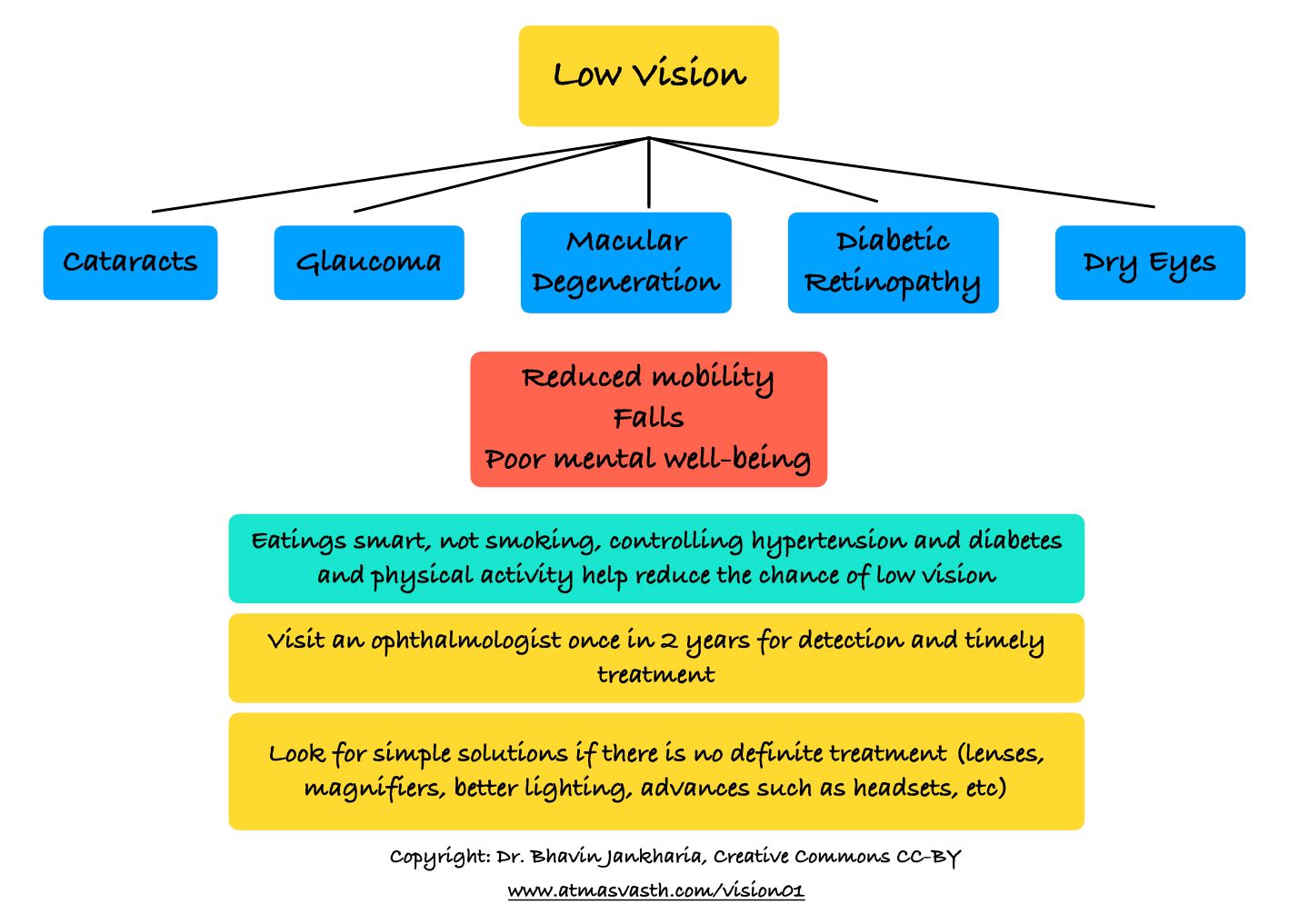
The steps we take in our atmasvasth quest to live long healthy, will also help us reduce our chance of getting struck with low vision. These include eating smart, not smoking, being physically active, managing blood pressure and controlling diabetes and protecting our eyes from sunlight with glasses or hats and taking a break from screens every 20 minutes or so. We should also protect our eyes in situations where projectiles can injure them, especially at construction sites or similar potentially dangerous situations.
What does this mean for you and I? One visit every 2 years to an ophthalmologist. Correcting any conditions such as cataracts that can improve our vision. Changing our reading or other glasses as necessary. Finding solutions to other causes of reduced vision in concert with your doctor.
In our atmasvasth quest to live long, healthy, being able to see clearly is important for our healthspan and lifespan and we need to do whatever it takes to make sure we don’t become a victim of low vision and in case that does happen, figure out ways of still living a full life.
Last Week
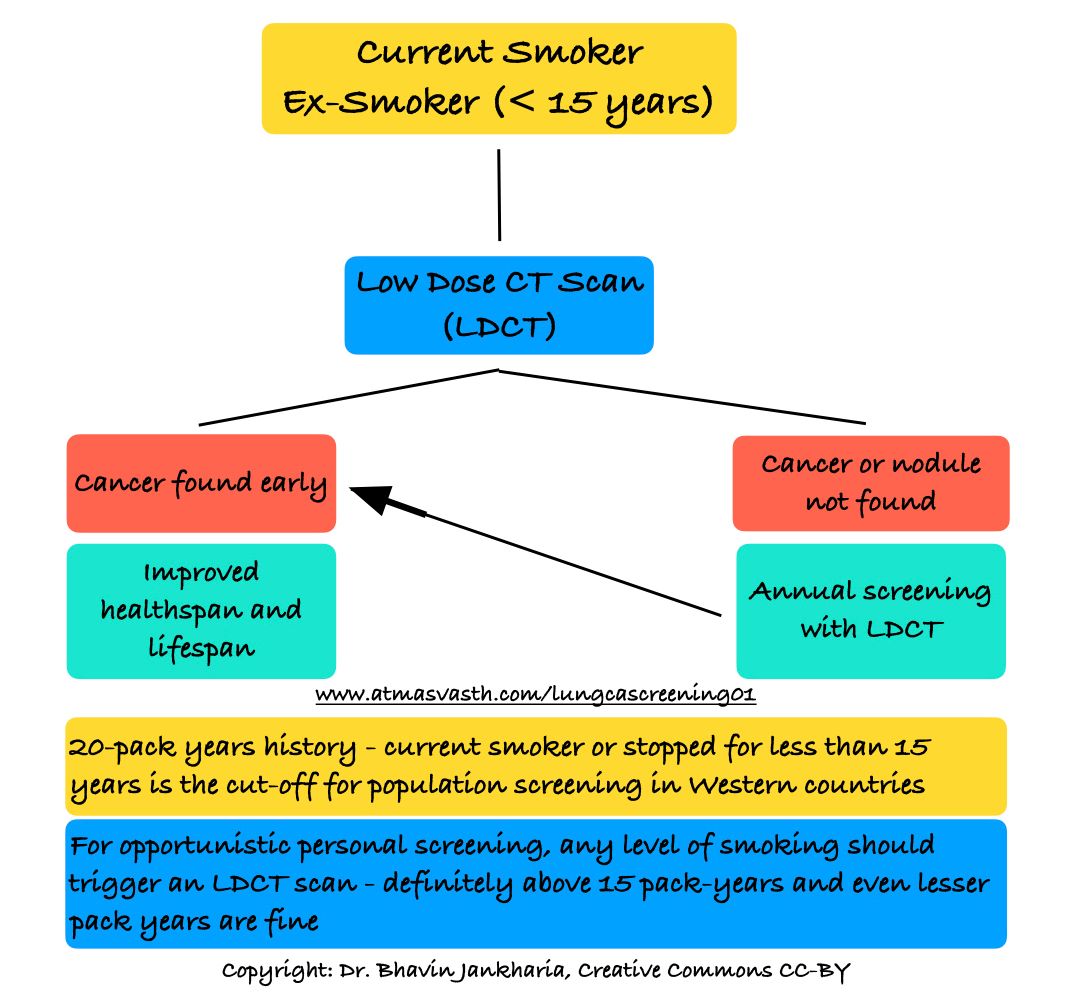
Atmasvasth Newsletter
Join the newsletter to receive the latest updates in your inbox.


